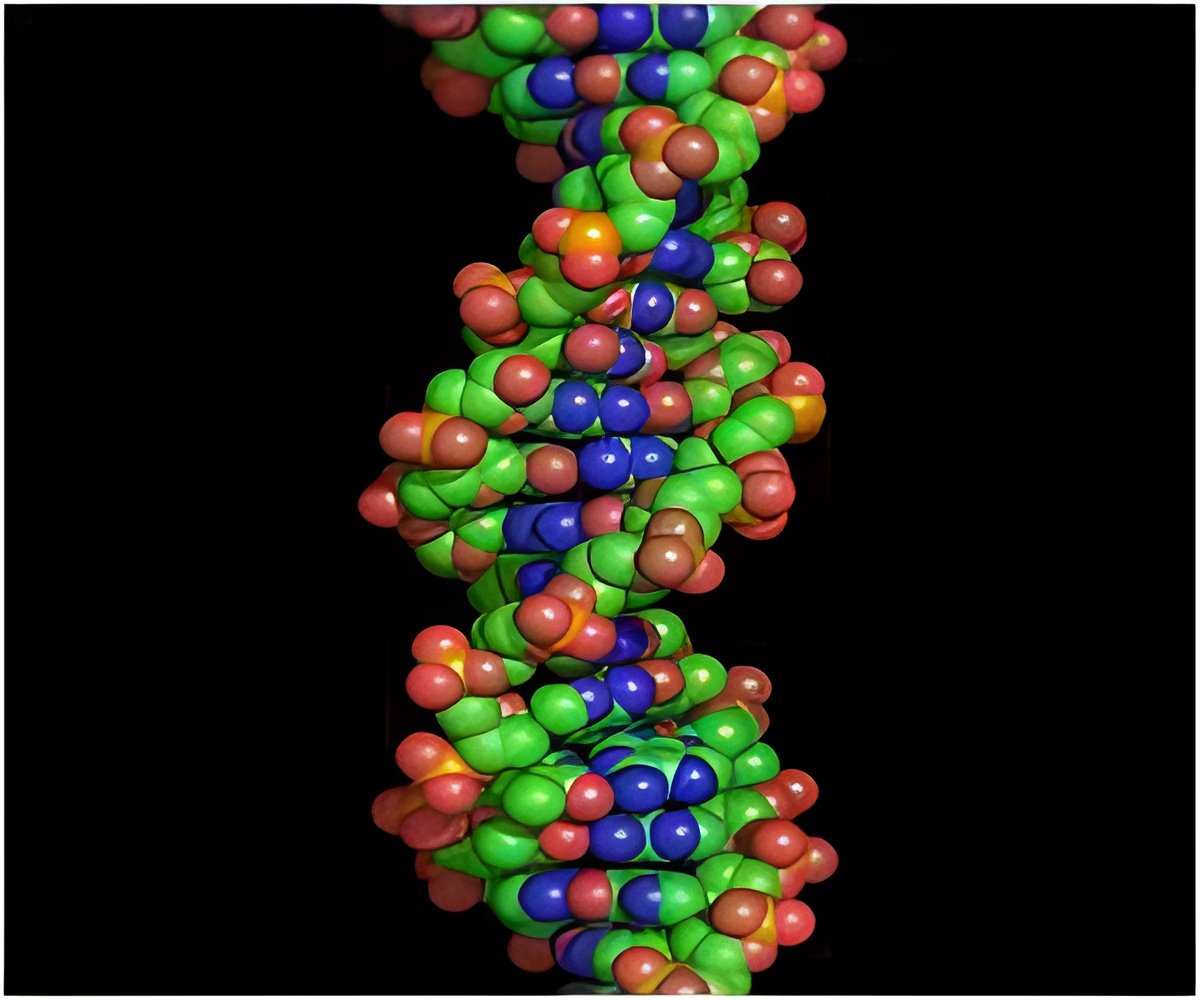
People who carry a particular variant of a gene called IFITM3 are significantly more likely to be hospitalised when they fall ill with influenza than those who carry other variants, the team found. This gene plays a critical role in protecting the body against infection with influenza and a rare version of it appears to make people more susceptible to severe forms of the disease. The results are published in the journal Nature.
A central question about viruses is why some people suffer badly from an infection and others do not. IFITM3 is an important protein that protects cells against virus infection and is thought to play a critical role in the immune system's response against such viruses as H1N1 pandemic influenza, commonly known as 'swine flu'. When the protein is present in large quantities, the spread of the virus in lungs is hindered, but if the protein is defective or absent, the virus can spread more easily, causing severe disease.
"Although this protein is extremely important in limiting the spread of viruses in cells, little is known about how it works in lungs," explains Aaron Everitt, first author from the Wellcome Trust Sanger Institute. "Our research plays a fundamental part in explaining how both the gene and protein are linked to viral susceptibility."
The antiviral role of IFITM3 in humans was first suggested by studies using a genetic screen, which showed that the protein blocked the growth of influenza virus and dengue virus in cells. This led the team to ask whether IFITM3 protected mice from viral infections. They removed the IFITM3 gene in mice and found that once they contracted influenza, the symptoms became much more severe compared to mice with IFITM3. In effect, they found the loss of this single gene in mice can turn a mild case of influenza into a fatal infection.
The researchers then sequenced the IFITM3 genes of 53 patients hospitalised with influenza and found that some have a genetic mutant form of IFITM3, which is rare in normal people. This variant gene encodes a shortened version of the protein which makes cells more susceptible to viral infection.
Advertisement
This research was a collaboration between institutes in the United States and the United Kingdom. The samples for this study were obtained from the MOSAIC consortium in England and Scotland, co-ordinated from the Centre for Respiratory Infection (CRI) at Imperial College London, and the GenISIS consortium in Scotland at the Roslin Institute of the University of Edinburgh. These were pivotal for the human genetics component of the work.
Advertisement
"Our research is important for people who have this variant as we predict their immune defences could be weakened to some virus infections. Ultimately as we learn more about the genetics of susceptibility to viruses, then people can take informed precautions, such as vaccination to prevent infection."
Sir Mark Walport, director of the Wellcome Trust, said: "During the recent swine flu pandemic, many people found it remarkable that the same virus could provoke only mild symptoms in most people, while, more rarely, threatening the lives of others. This discovery points to a piece of the explanation: genetic variations affect the way in which different people respond to infection.
"This important research adds to a growing scientific understanding that genetic factors affect the course of disease in more than one way. Genetic variations in a virus can increase its virulence, but genetic variations in that virus's host – us – matter greatly as well."
Source-Eurekalert










